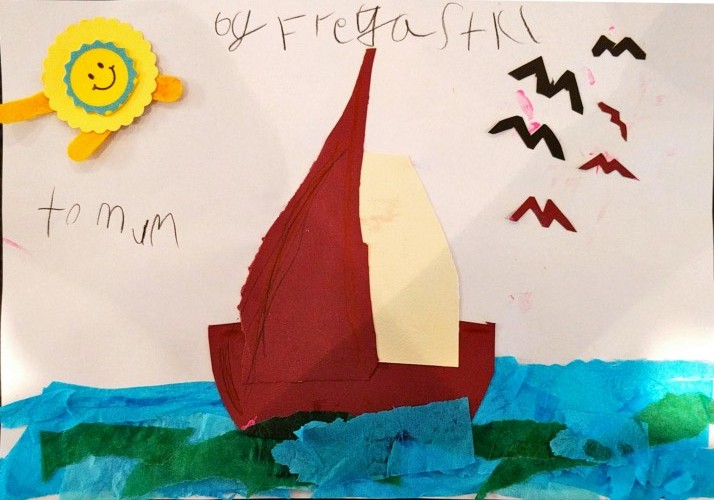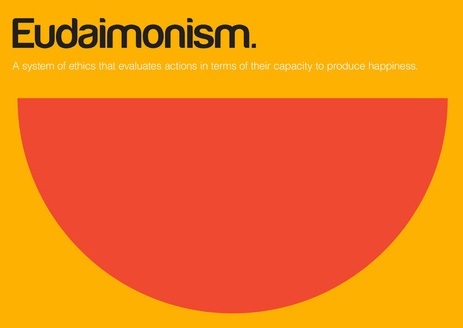There has been an out pouring of Character Education, Values and Virtues this past weekend. I hardly been able to keep up.
Friday morning I attended Ian Morris’s session at the Wellington family INSET – ‘What’s the point of school? Well-being. Obviously.’ Ian is a fantastic presenter, both engaging and knowledgeable, however what I respect and enjoy most about his sessions (and conversation) is that they are illustrated with practical examples and reflections from teaching. Ian has kindly shared his presentation and permission to use the slides. More of than in a separate post.
Friday night and Satur-day I hosted and presented at WomenEd. Conference. My session on Building Character, Values and Virtues into your vision for school leadership has developed as a direct consequence of a) my Talented Leaders experience and b) my interest in Character Education. One of my key observations is that most school character programmes / initiative / value structures appear biased towards performance and moral domains, followed by the intellectual domain, with less obvious references to the civic domain. For examples, my daughter has taught me a good deal about her schools SUPER Values and these seem to illustrate me observation.
As we are here together, (I’m obviously writing) and she is creating a seascape I thought I would ask her.
- Support – (Moral and Performance)
- “I am not sure? Being nice and helpful.”
- Understanding – (Moral)
- “You understand the people you are talking to?”
- Partnership – (Moral, Performance and Civic in equal measure?)
- “Being friends and looking after people and being kind and helping people and being friends.” (Yes, all conveyed in one sentence)
- Equality – (Moral)
- “Means treat people fairly.”
- Respect – (Moral)
- Being nice and picking up toys, because that is being respectful isn’t it? That’s all I can say.”
Occasionally values such as “Success,” that appears in our Academy’s RESPECT pledge, are somewhat arbitrary.
In the session we discussed our won leadership values, then our values for education (the purpose of education) and explored the extent to which these were representative of the four domains. I met some very exciting educators (@beckyiwalters, @hrogerson and @ukquakergirl to name but a few) and the conversation continues.
Sunday I was writing an application statement in which I confirmed by own leadership support for the explicit promotion that students “think deeply about their future, their life goals and personal qualities and aspirations” and our aim to recognise the personal investment of students’ in developing their own values and virtues.
Monday saw the launch of FutureLearn’s What is Character? Virtue Ethics in Education course. I am taking the course with Paul Blake and Jennie Giovaneli and whilst I am looking forward to the course, I looking forward to the discussion and debate that will surely follow. I recognise that my understanding of Character Education is embryonic, though I already recognise the tension between the terms and the misuse of the terms. The use of “character and resilience,” a common example to date. I am looking forward to navigating and signposting these misgiving – cue one of the first reading tasks – ‘Ten Myths About Character, Virtue and Virtue Education – Plus Three Well-Founded Misgivings’.
Second to learning of value domains, came the Ian Morris’s deliberate explanation of Aristotelian practical wisdom or phronesis and the need to practice ‘decision-making.’ I think I am as interested in learning about phronesis for its own sake but moreover because this is where the dilemmas will lie. Where there is dilemma there is thinking. Where there is thinking there is an opportunity to cause disruption – otherwise known as learning.
Also on Monday I came across ‘Can personality traits and intelligence compensate for background disadvantage? bookmarked and on the read list.
This morning has been time to reflect, write and get creative with my daughter. This afternoon, #teacher5aday walk. This evening a little more of the course.
Care of Professor James Arthur
Character education is the general term used for all explicit and implicit educational activities that help young people develop positive personal strengths – what the Jubilee Centre refer to as virtues. Of course, virtues are not a commonly held or used term.
A character, therefore, consists of a set of virtues that we possess, and these virtues in turn, produce specific moral emotions in us, inform our motivations for doing things, and guide our conduct.
Character education needs to be nurtured and practised.
In this process, the ultimate aim of character education is the development of good sense, or what we call practical wisdom (Phronesis) – alternatively it might be considered the capacity to choose intelligently between alternatives.
This capacity involves knowing how to choose the right course of action in difficult situations, and it arises gradually out of the experience of making choices and the growth of ethical insight.
Character education, therefore, involves everyone – parents, teachers, students, and members of the wider community. It needs to be woven into the school curriculum, school ethos, and it cannot simply be seen as an add-on.
Character education teaches students to make wise decisions and to act on them. Above all, character needs time to develop through a sustained process of teaching, example, learning, and practise.


